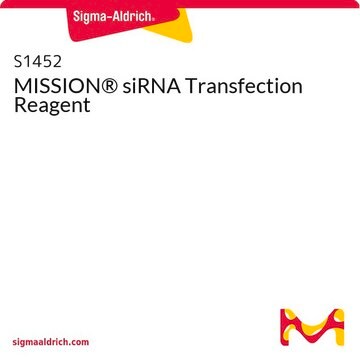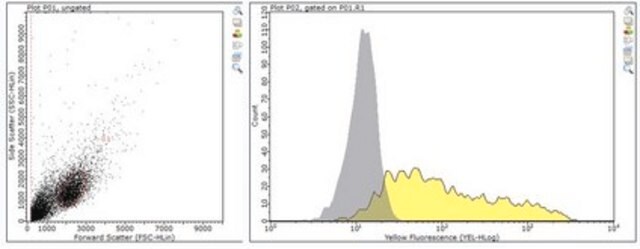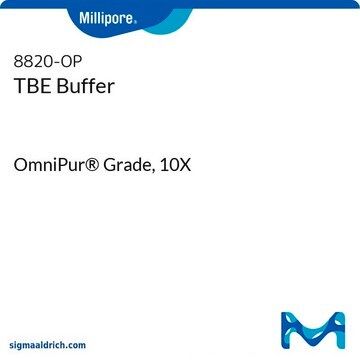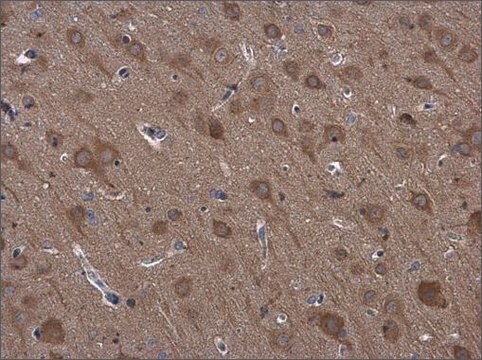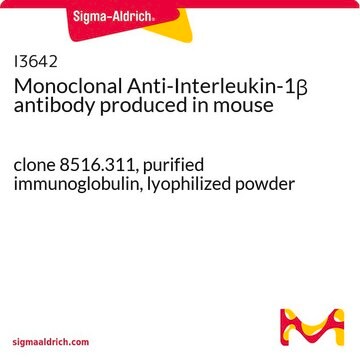MABF1971M
Anti-NKR-P1B (CD161b) Antibody, clone Stok27
clone Stok27, from rat
Synonym(s):
Killer cell lectin-like receptor subfamily B member 1B allele B, CD161 antigen-like family member B, Immunoreceptor NKR-P1C, Natural killer cell surface protein NKR-P1B allele WAG/PVG/BS, Natural killer lymphocyte receptor P1B, CD161b
About This Item
Recommended Products
biological source
rat
Quality Level
antibody form
purified antibody
antibody product type
primary antibodies
clone
Stok27, monoclonal
species reactivity
rat
packaging
antibody small pack of 25 μL
technique(s)
flow cytometry: suitable
immunoprecipitation (IP): suitable
isotype
IgG2aκ
NCBI accession no.
UniProt accession no.
target post-translational modification
unmodified
Gene Information
rat ... Klrb1C(683758)
General description
Specificity
Immunogen
Application
Flow Cytometry Analysis: A representative lot detected NKR-P1B (CD161b) in Flow Cytometry applications (Kveberg, L., et. al. (2006). J Immunol. 176(7):4133-40; Smelt, M.J., et. al. (2014). Cell Transplant. 23(11):1381-94).
Quality
Flow Cytometry Analysis: 1 µg of this antibody detected NKR-P1B (CD161b) in Rnk16 (Rat NK) cells stably transfected with Stok27 (NKR-1B) antigen.
Target description
Physical form
Other Notes
Not finding the right product?
Try our Product Selector Tool.
Storage Class Code
12 - Non Combustible Liquids
WGK
WGK 1
Flash Point(F)
does not flash
Flash Point(C)
does not flash
Certificates of Analysis (COA)
Search for Certificates of Analysis (COA) by entering the products Lot/Batch Number. Lot and Batch Numbers can be found on a product’s label following the words ‘Lot’ or ‘Batch’.
Already Own This Product?
Find documentation for the products that you have recently purchased in the Document Library.
Our team of scientists has experience in all areas of research including Life Science, Material Science, Chemical Synthesis, Chromatography, Analytical and many others.
Contact Technical Service

